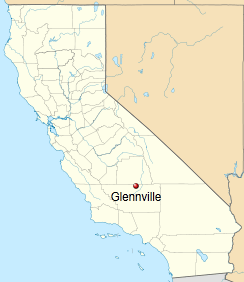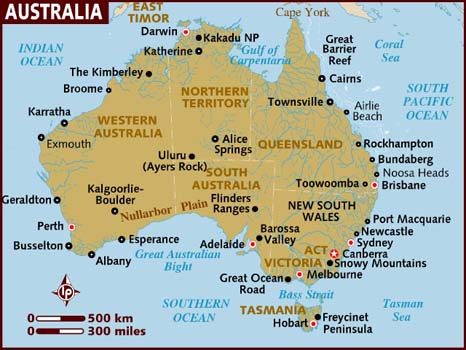AT&T’s record of delivering reliable landline service has remained an open question for Bakersfield, Calif. residents for more than six months, as repeated outages leave several AT&T landline customers without access to a dial tone. Even worse, some of the customers impacted have been left without any phone service for weeks on end, including one woman whose life literally depends on a working phone.
Andrea Williams, who lives alone in her Bakersfield home, suffered a stroke and has a heart condition — making access to a phone absolutely essential to her well-being. Williams is also legally blind, making a cell phone an insurmountable challenge. Instead, Williams says she has memorized the location of the buttons on her long-standing cordless landline phone, a phone that was out of service just after Christmas and largely stayed that way for three weeks.
Despite having made numerous calls to AT&T trying to get the problem corrected, Williams says no one from AT&T ever showed up. It took an investigative report from Bakersfield’s KGET-TV newsroom to finally get AT&T to respond.
[flv width=”480″ height=”380″]http://www.phillipdampier.com/video/KGET Bakersfield ATT Phone Lines Crossed 12-29-10 and 1-10-11.flv[/flv]
Back in December, AT&T in Bakersfield left hundreds of customers without service or cross-connected with other customers’ phone lines. It all culminated three weeks later in one health-challenged resident breaking out in tears when local TV station KGET finally helped get her service restored. (5 minutes)

Glennville, Calif.
Fast forward to late June, and AT&T’s reliability is again up for a challenge, as some residents in the unincorporated community of Glennville, 30 miles north of Bakersfield, are fed up with repeated outages, even after eight families collectively paid $16,000 to AT&T to extend wired phone service and broadband to their neighborhood.
Around the same time Williams was experiencing problems with her phone line in December, residents in Glennville began experiencing repeated outages of their own.
“I think from December to January, it was 15 times it went out,” said resident Ray Schill. “From February to now, [the lines have been out] another 10-15 times.”
Residents in Glennville are especially concerned because they cannot count on their landlines, and cell service is spotty to non-existent in the area.
“My major concern is we’re going to have a big problem up here — someone is going to be ill, we’re going to have a fire, someone’s going to die — who is liable,” Kathryn Ervin, a Glennville resident told KGET News.
What happens when residents call AT&T for help?
We get the runaround, says Schill, with promises extending through the months of May, June, and now July 15.
Schill doesn’t hold much confidence in AT&T’s promises, especially after the company responded to an inquiry from the state’s Public Utilities Commission which culminated in his complaint being closed-as-resolved.
Once again, KGET-TV was on the case for the benefit of its viewers, and reporter Kelsey Thomas received a remarkable response from AT&T — the company “couldn’t handle the number of people using the phones in Glennville.” (population: 280)
The company promises to “upgrade its software” to resolve the problem, but could not give Thomas a time frame for when that would be complete.
[flv width=”360″ height=”290″]http://www.phillipdampier.com/video/KGET Bakersfield Folks in Glennville fed up with ATT 6-27-11.mp4[/flv]
KGET-TV gets involved with AT&T once again, this time to help hundreds of residents of Glennville, Calif., who are also experiencing trouble with the company’s landline service. (3 minutes)
 Canada’s cable consolidation march continued Monday with Calgary-based Shaw Communication’s announcement it was acquiring several small British Columbia cable systems for an undisclosed amount.
Canada’s cable consolidation march continued Monday with Calgary-based Shaw Communication’s announcement it was acquiring several small British Columbia cable systems for an undisclosed amount.

 Subscribe
Subscribe







